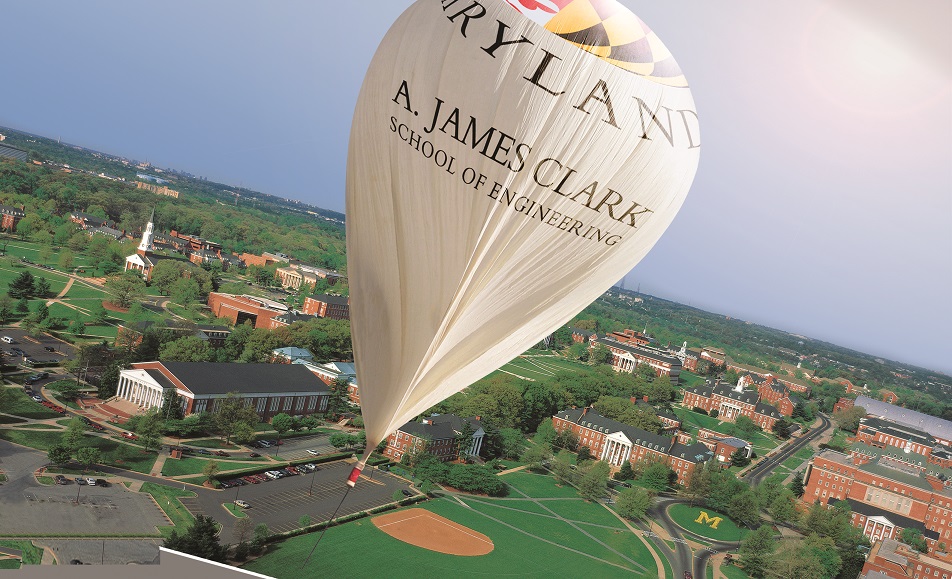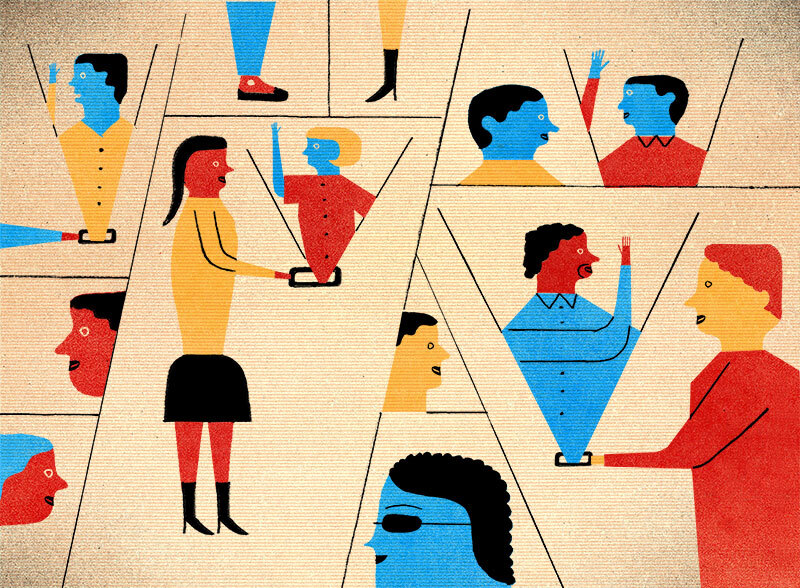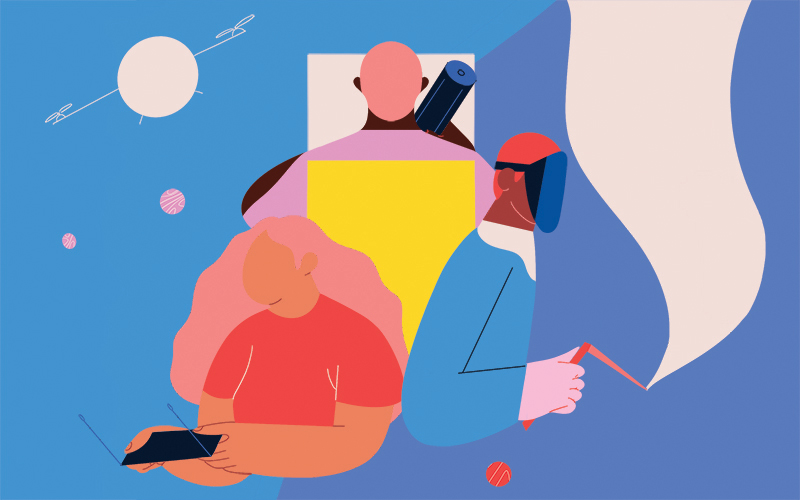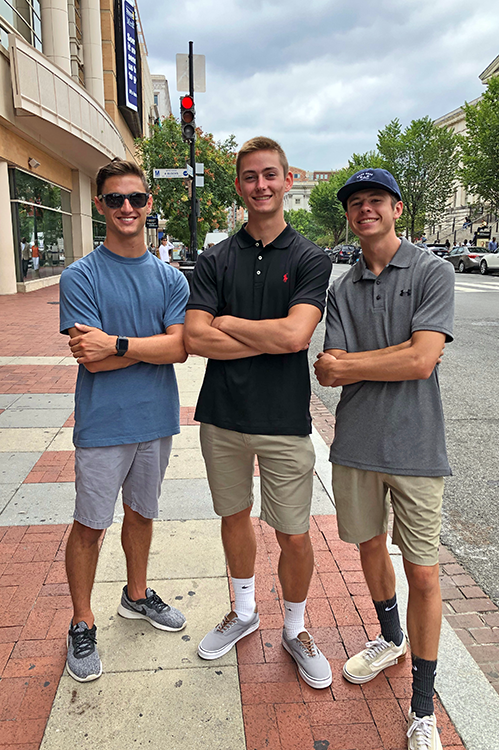Undergraduate Achievements
Clark School students turn fearless ideas into innovations that make life safer, smarter, and easier. This academic year, they won prestigious awards, kickstarted their startup careers, and planned for the future of student competitions and collaboration in the new E. A. Fernandez IDEA Factory. Our students make us proud; they make us the Clark School.
Kristen Yee, Steven Hu, and Meron Yonas give a glimpse into what it means to be an A. James Clark Scholar at the University of Maryland.



